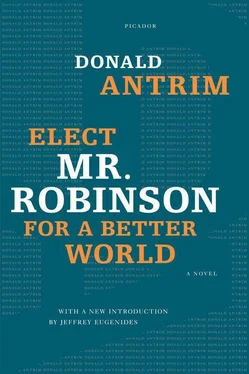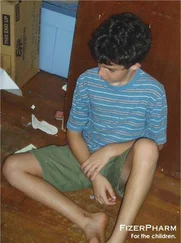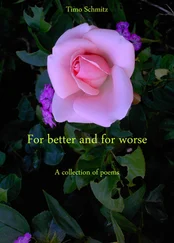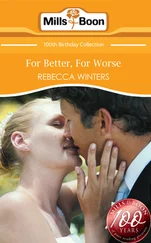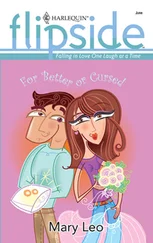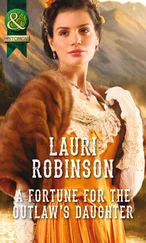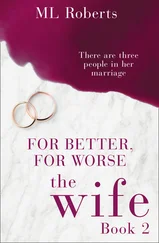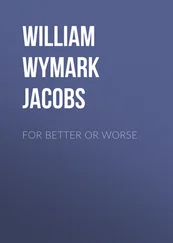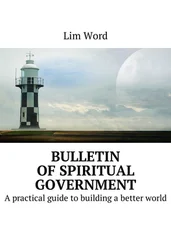“That’s a powerful image,” said Rita Henderson. Abraham de Leon, who rumor had it was conducting an on-again, off-again affair with his friend Jerry’s wife, added, with an air of nonchalance, “Yes.”
Everyone nodded agreement. I elaborated: “It’s an image that speaks not only to physical but emotional fragmentation. We say, ‘I’m torn,’ to describe confusion over complex choices. Once upon a time, individuals who challenged received truths were literally torn by oxen or horses. Modern man’s psyche is figuratively torn by internal dilemmas posed in the struggle to escape unconscious prohibitions and taboos passed down from generation to generation.”
“Sexual taboos?” Barbara Nixon suggested. Did I see her wink? I looked back at Meredith, who was grinning. Bill Nixon was grinning too. Or sneering. Barbara didn’t seem to notice her husband’s sideways gaze on her; she smiled widely and asked, “Is that what you mean, Mr. Robinson?”
Before I could reply, Bill broke in, rudely, “Of course that’s what he means.”
“I didn’t ask you, honey.”
It was an embarrassing moment. Why can’t couples behave? I said, “Sure, sexual, spiritual, intellectual, whatever.”
“The point being that we’re not supposed to explore our true feelings, or discover our innermost selves.” This from Jim, who rose from his chair and gestured dramatically with a water glass held high; cold water sloshed over the undulating glass’s rim, splashing the carpet and threatening nearby diners, who ducked away. Jerry Henderson cautioned, “Easy with that water, Mr. Mayor,” as icy liquid splashed in a crystal arc over Tom Thompson’s crew-cut head.
“Hey, watch it,” Tom said.
Jim replaced the glass on the table and grunted, “Sorry.” Tom dried himself with a napkin. Rita Henderson clutched her husband’s hand — tightly. And Barbara Nixon looked up at me looking back at Meredith. We all listened to the decrepit voice of the ex-mayor, flatly proclaiming, “We’re all murderers here.”
At that moment the banquet hall’s wide metal doors swung open and Bob and Betsy Isaac entered from the kitchen, bearing silver trays laden with pie topped with generous helpings of whipped cream. “Ah, ooh,” people said. In this way, beneath sounds of eating, Jim’s solemn commentary was buried. For the moment at least. Many times after that day I pondered Kunkel’s words. Holding the thawing foot above the grave, I felt engaged in an enactment of prophesy, and I knew my midnight burial signified not only community rebirth and regeneration but also personal genesis. Entombing Jim’s foot was an essential step toward assuming the mantle of civic leadership, becoming mayor. Campaign poster slogans filled my mind: PETE ROBINSON FOR PEACE ON EARTH. PETE ROBINSON, A STEP TOWARD PARADISE.
The foot grave was two feet deep, not traditional depth, but deep enough (probably?) to discourage animals. I lowered the foot into darkness. I left it tightly freezer-wrapped — the twist-tied plastic, washed in leaking fluids, served admirably as a makeshift shroud. And I set aside The Egyptian Book of the Dead. It was wrong to use it. Wasn’t I just appropriating text from one culture, blindly applying it within another, merely to suit a private agenda? Better to honor my burial scenario with a song born of the moment.
I improvised: “Proud foot, never again will you walk over grass or road or sidewalk. Once you carried a man on his daily rounds, you carried him through life. Now his work is done. Carry us, the living, carry us forward into knowledge of the heart’s truth.”
And I scooped dirt, held my hands over the grave, let the black earth trickle down onto the foot. I felt, then, a creepy intimation of surveillance. As if, from the shadows behind the trees, someone watched. How might this ceremony appear to a stranger? Certainly people bury things. Deceased pets, for instance. I packed loose soil and called out, “Hello?” But there was only stillness and a smell of ozone sweetly lofting in on a wind; and, from the west, the sound of thunder, its heavy echo rolling in from over the wetlands bordering town. Clouds eclipsed the moon and stars. I stuck a twig into the burial mound. It wasn’t much, only an obscure marker. Nevertheless I bent my head prayerfully over it and intoned these words: “Herein lies Jim Kunkel’s left foot, symbolizing leadership, fearlessness, creativity, and strength. Soon it will become dust. But the spirit of Jim shall rise up and walk into our homes and our hearts, it will guide us out of darkness.”
Rain struck the canopy of leaves. I groped for library book, trowel, candles, the purple knapsack. I eased aside thorny stems, stepped tentatively onto fallen leaves that sponged underfoot. Immediately the soles of my Keds sank deep into sucking mud. Mud that was, apparently, mined. There was no way of knowing where to walk. Quietly I whispered, “Okay, buried foot, I’ve done my part, now you do yours and get me out of here.”
Sure enough, a voice spoke. “Pete.”
I looked up to see a man with tangled hair. He was standing beside a tree. His clothes were soiled, dirt messed his face and arms. He was immense. He said, “It’s me, Pete, Ray. Ray Conover.”
“Ray?”
The man stepped forward, leaned in close. “You wouldn’t recognize me, would you, Pete?”
“Uh, no.”
He raised his arms and waved his hands, wildly, for emphasis. “Grief changes a person, Pete. Once I was happy. I was. Look at me. I’ve aged, my teeth hurt. You, your world is intact. Oh, you’re out here tonight doing unfathomable things. But tomorrow you’ll be in a warm bed beside a person you love. I don’t have that anymore. This is my home now.”
“The park? You live in the park? There’s a war going on here.”
“Yeah, well.” How sad the man sounded. How dejected. I decided to be up front with him. In a firm but cordial voice, I said, “Listen, Ray, I’d love to spend some time talking, but I also want to get out of these woods.”
“Sure, Pete. No problem.”
And so off we went, rain smacking our heads and the slushy ground underfoot. From the tops of trees, narrow vines descended; Ray and I made our way through their tangle, clutching twisted tree limbs for balance, stepping around roots. It was slippery going through those woods. Everywhere life crowded in. I placed my feet where Ray’d set his, and with each step tensed for a buried trigger’s click. It was awful. Ray said, “I watched what you were doing, Pete. The burial. The eulogy. Why, Pete?”
“I want a better world.”
“So you buried a foot.”
“Not just a foot. More. Much more.”
I tripped on a root. This was terrifying under the circumstances. A few minutes later lightning struck nearby, lighting the woods instantaneously neon — I was certain it was the end, and hit the dirt and rolled, coming to rest sprawled piteously on my stomach in a patch of weeds, my hands covering the back of my head, the way they’re supposed to, reflexively, when a bomb goes off. Ray came over, stood above me, said, “Whoopsie!” and helped me to my feet. Pine needles and leafy rot adhered to my clothes and skin; I was covered in mud. I brushed off as best I could, but it was more like smearing body paint. I asked, “So, Ray, what can you tell me about this Benson-Webster thing?”
“Not much. It’s the old story. Someone does something and someone else does something back. After that things have a life of their own. Who can say what it’s about anymore? The Bensons have the southern triangle from Lighthouse Point to the boathouse. The bandshell, goldfish pond, and Japanese pagoda belong to the Websters. This is neutral territory we’re in right now. Watch out, there’s a log ahead.”
Читать дальше
